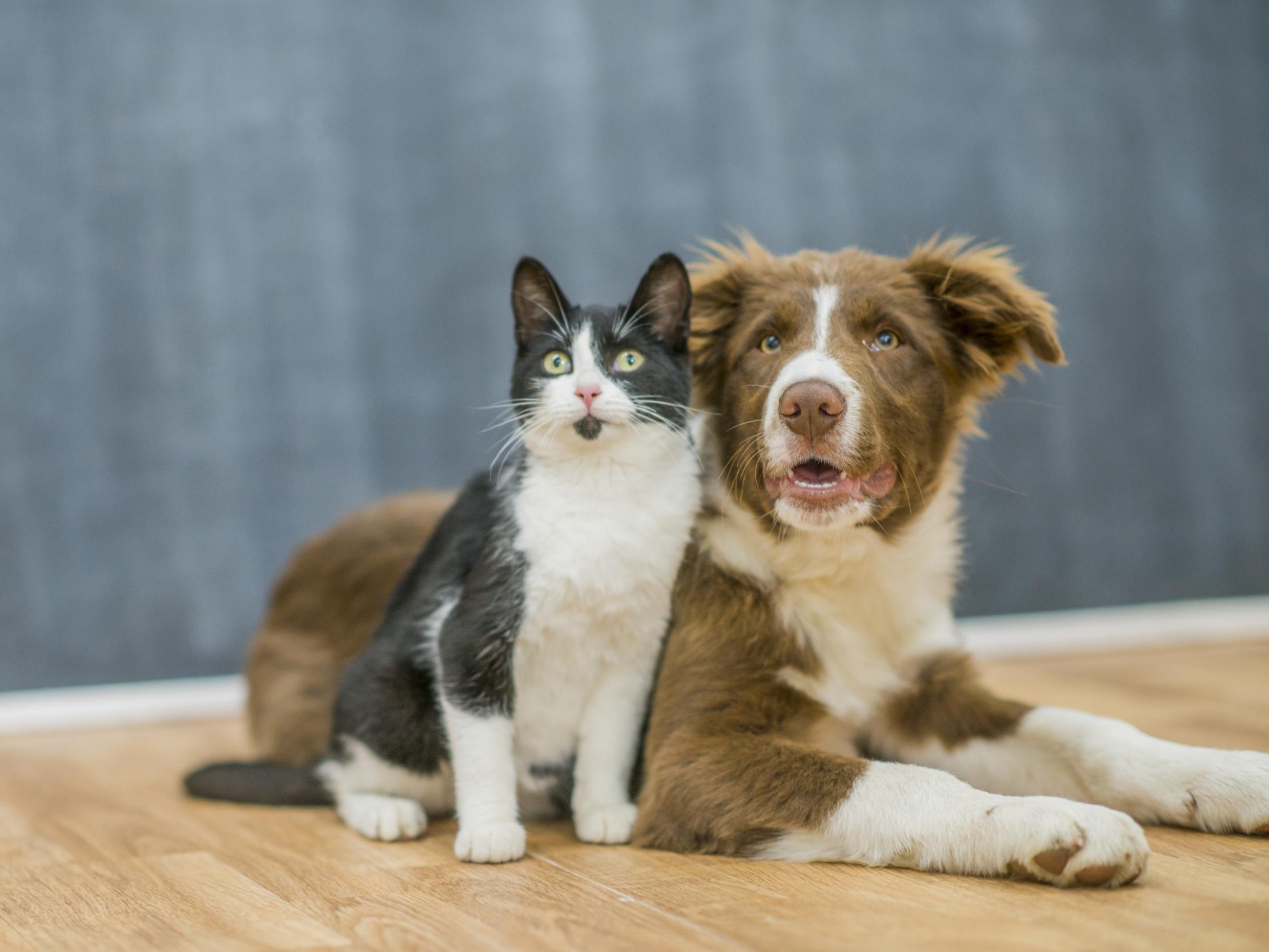Your support helps us to tell the story
From reproductive rights to climate change to Big Tech, The Independent is on the ground when the story is developing. Whether it's investigating the financials of Elon Musk's pro-Trump PAC or producing our latest documentary, 'The A Word', which shines a light on the American women fighting for reproductive rights, we know how important it is to parse out the facts from the messaging.
At such a critical moment in US history, we need reporters on the ground. Your donation allows us to keep sending journalists to speak to both sides of the story.
The Independent is trusted by Americans across the entire political spectrum. And unlike many other quality news outlets, we choose not to lock Americans out of our reporting and analysis with paywalls. We believe quality journalism should be available to everyone, paid for by those who can afford it.
Your support makes all the difference.More research into domesticated animals that are susceptible to the coronavirus, including pet cats and dogs, is needed to assess the likelihood they may re-infect humans who have worked hard to gain control over the disease, a team of British scientists have said.
Professors Joanna Santini and Sarah Edwards, researchers from the University College London, wrote a comment paper calling for further research into the possible transmission cycle of Covid-19 from humans to animals and vice versa.
The paper, published in The Lancet Microbe, referred to the recent discovery of the virus in mink farms in the Netherlands, where outbreaks of Covid-19 transmitted from humans to the mink resulted in the culling of tens of thousands of the animals.
The virus spread like wildfire through 12 of around 130 mink farms in the country, reported the Science journal. Feral cats that roamed the farms were also found to to be infected with the coronavirus.
Experimental evidence shows that SARS-Cov-2, the virus that causes Covid-19, can infect cats, dogs, monkeys, ferrets, and hamsters, said the authors, who added that attention should be paid to rabbits, sheep, goats, cattle and horses as computational studies suggest the potential for infection.
“Once SARS-CoV-2 circulates more widely beyond humans, it will be challenging to trace natural transmission between species because the viral genome is essentially identical in humans, and existing epidemiological are equipped to identify transmission between humans to interrupt it,” they write.
The possibility of a new “reservoir species” must also be considered. A “reservoir species” refers to a living host of certain species in which a pathogen survives without always causing disease for the host itself.
The authors said: “Domestic species whose population numbers are sufficient to act as a reservoir include cats and dogs, which is consistent with the case reports noted earlier, and studies showing or predicting infectivity.”
Farmed wildlife such as mink and pigs, as well as rodents, could also act as a reservoir species as they “have sufficient numbers and densities for continuous transmission”.
“These considerations should lead to strategies for implementing early surveillance and precautionary mitigation measures on different species,” the authors concluded.
Prof Santini told the PA news agency: “We need to develop surveillance strategies to ensure we don’t get taken by surprise by a large outbreak in animals, which could pose a threat not just to animal health but to human health as well.
“Virus transmission in animal populations could become irreversible if left unchecked, and may threaten the success of existing public health measures if people continue to catch the virus from an infected population of animals.”
The comment comes after a study in the New England Journal of Medicine, published last month, said cats can readily become infected with SARS-CoV-2 and may be able to pass the virus to other cats.

Join our commenting forum
Join thought-provoking conversations, follow other Independent readers and see their replies
Comments